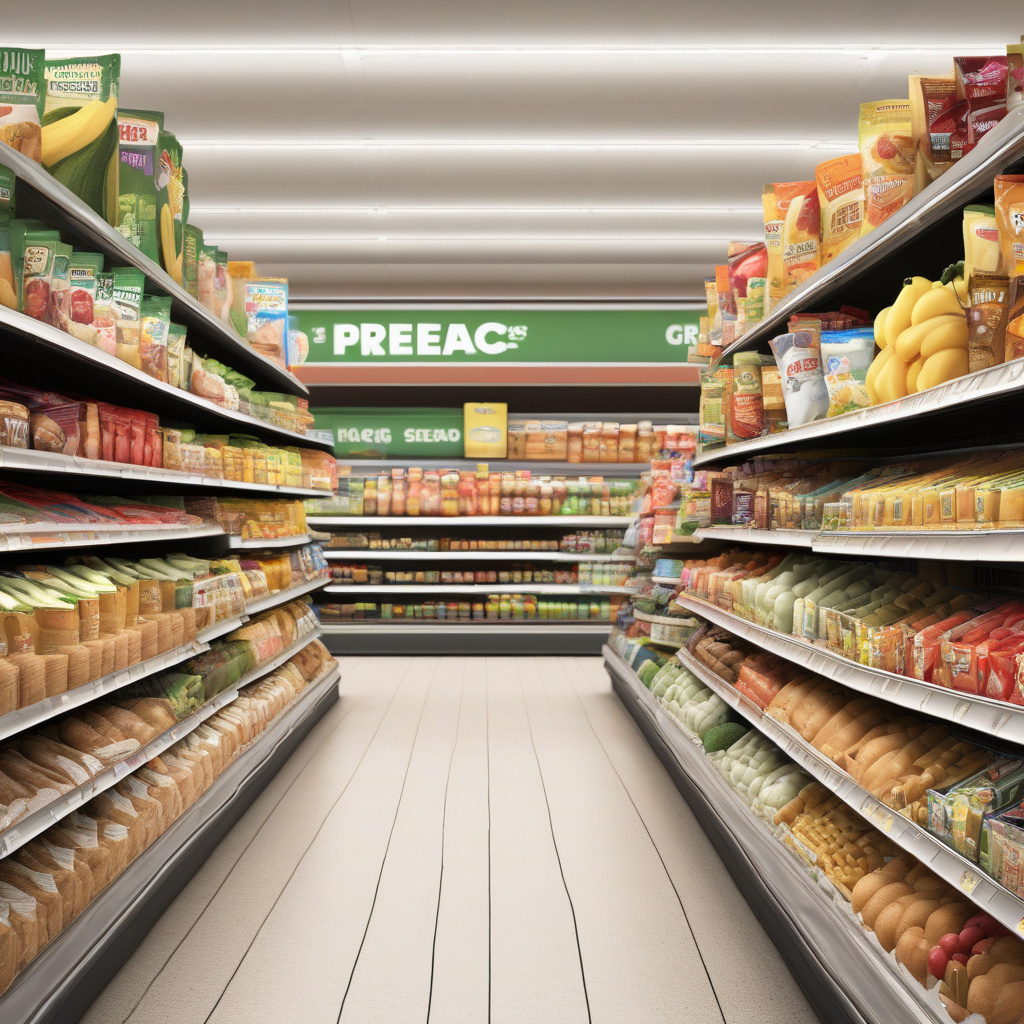Navigating the Impact of Rising Inflation and Tariffs on Consumer Grocery Spending
As the global economy grapples with the challenges posed by rising inflation and tariffs, consumers are being forced to make tough decisions when it comes to their grocery spending. The trickle-down effect of these economic factors is being felt not only in grocery stores but across various retail categories, prompting a shift in shopping behaviors and preferences.
The combination of inflation and tariffs has created a perfect storm for consumers, leading to an increase in the cost of goods and a decrease in purchasing power. In such a scenario, it is no surprise that consumers are looking for ways to tighten their belts and make their grocery budgets stretch further.
One of the most noticeable trends in response to rising inflation and tariffs is the shift towards discount retailers. Consumers are increasingly turning to stores that offer lower prices and discounts on everyday essentials. Discount retailers have seen a surge in foot traffic as consumers seek to make their dollars go further in the face of economic uncertainty.
In addition to flocking to discount retailers, consumers are also cutting back on non-essential purchases across various retail categories. Items that were once considered discretionary, such as clothing, electronics, and home goods, are now being scrutinized more closely as consumers prioritize spending on necessities like food and household essentials.
The impact of rising inflation and tariffs on consumer grocery spending is not limited to the choices consumers make at the checkout counter. These economic factors also have a ripple effect on the overall shopping experience. For example, some consumers are opting for private label or store brands over name brands to save money. Others are turning to online grocery shopping to take advantage of digital coupons and discounts.
Retailers are not immune to the challenges posed by rising inflation and tariffs. In response to changing consumer behaviors, retailers are being forced to rethink their pricing strategies and promotional tactics. Some retailers are offering deeper discounts and promotions to entice budget-conscious consumers, while others are focusing on enhancing the value proposition of their private label offerings.
As consumers continue to grapple with the impact of rising inflation and tariffs on their grocery spending, it is clear that the retail landscape is undergoing a period of significant change. Retailers that are able to adapt to these changing consumer preferences and economic realities will be best positioned to weather the storm and emerge stronger on the other side.
In conclusion, the combination of rising inflation and tariffs is having a profound impact on consumer grocery spending habits. From shifting to discount retailers to cutting back on non-essential purchases, consumers are being forced to make tough choices in the face of economic uncertainty. Retailers that are able to understand and respond to these changing consumer behaviors will be best equipped to thrive in an increasingly challenging retail environment.
#inflation, #tariffs, #groceryspending, #retail, #consumerbehavior
